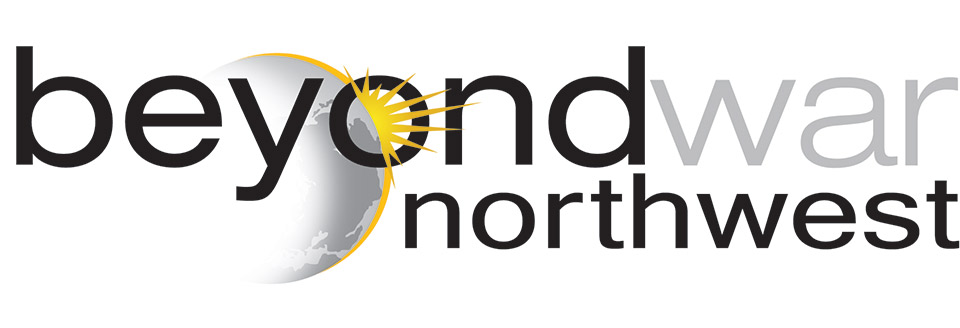“When a country obtains great power,
it becomes like the sea:
all streams run downward into it.
The more powerful it grows,
the greater the need for humility.
Humility means trusting the Tao,
thus never needing to be defensive.”
The Tao Te Ching, #61 as translated by Stephen Mitchell
Clearly, arrogance and hubris have been complicating factors in U.S. Defense Policy.They have sometimes led to thinking that we can control other nations by using our powerful military forces which too often results in counter-productive, tragic and very expensive outcomes. The need for humility in making these momentous decisions becomes clear.
I sometimes ask myself why I continue to be involved in Peace causes. From one perspective, given the bellicose nature of International Relations today, it can occasionally appear futile trying to bump up against the hugely funded and seemingly unstoppable military budgets of the United States, but also of Russia, China and many others. These expenditures amount to approximately two trillion dollars each and every year and could be deployed in such a way as to create more “security” for people who need clean, pure water systems, better educational opportunities, accessible medical care and facilities and many other exciting possibilities. How do we begin to deal with this “defense” behemoth which some people feel is a necessary expenditure to preserve and protect their country’s national security.
This is a large challenge indeed. And…it will certainly not turn around overnight. In addition, it is very clear that every nation needs to have some feeling of security in regard to its own national defense, so reducing defense expenditures to zero is not remotely feasible or even desirable. Still, it seems beneficial for all countries to begin cutting back defense expenditures so that money can be freed up to meet crucial human needs. Even a small percentage of the huge national defense budgets could go a long ways to improving the lot of ordinary citizens. For example, it has been estimated that an annual expenditure of 15 billion dollars for ten years could supply all the nations of the world with pure drinking water, which would be one of the greatest public health breakthroughs of all time. Many other equally exciting projects come to mind. Rather than fearing each other and our nefarious designs against each other, collaboration and co-operation can come to be priorities and we can begin to move away from fearful scenarios and begin to embrace the creative potential of our lives.
This is the challenge of putting forth the vision of a world Beyond War. We who are excited by this view of the world can be seen as Pollyannas, or hopeless and naive idealists who don’t understand the fallen nature of men and women and the demands of “realpolitik”. This could well be worthwhile criticism if the way that national defenses are presently structured led to wonderful outcomes but this is clearly not the case. So…it is crucial and highly important that our vision of the possibilities that we as citizens of the world might gift ourselves with continues to be put forward as a viable alternative to our present dysfunctional and reactive system. War and fear of other nations are not inevitable. We can listen to the “better angels” of our nature and continue the slow, sometimes painful but always useful vision of a new world order of opportunity, harmony and peaceful conflict resolution. This is what keeps me going.
–Jim Anderson
